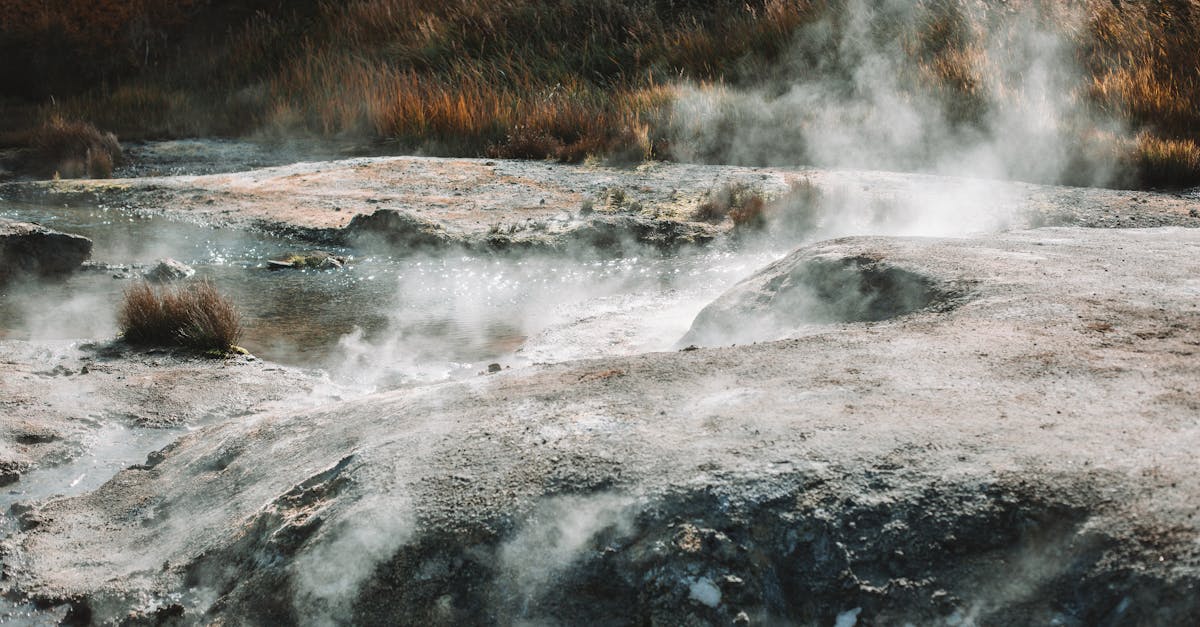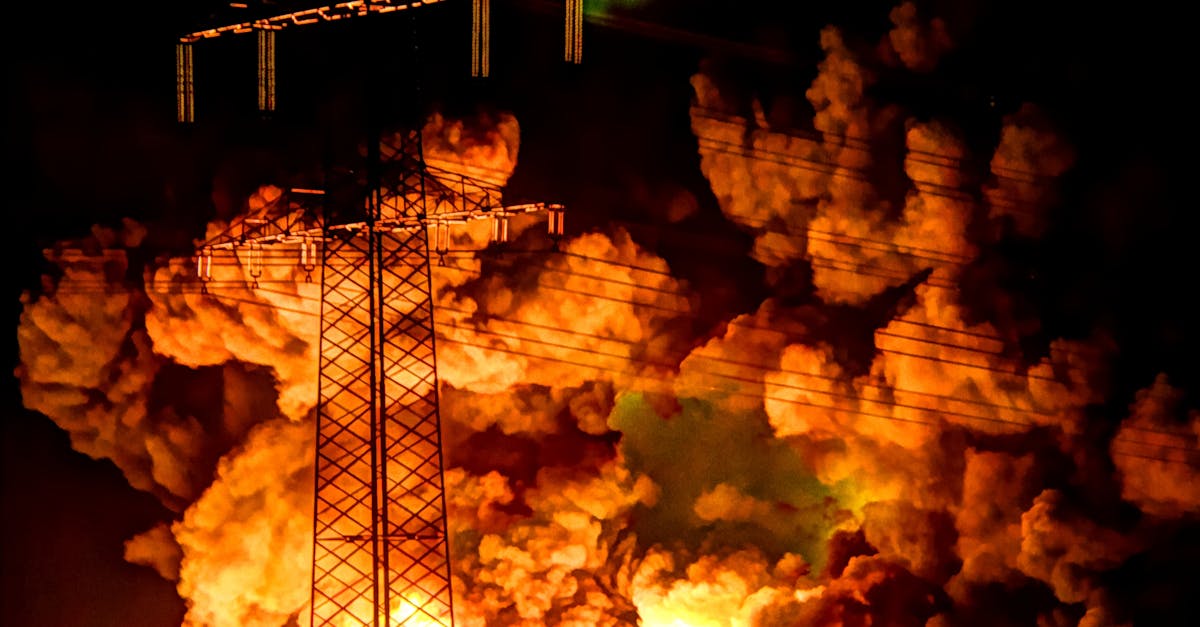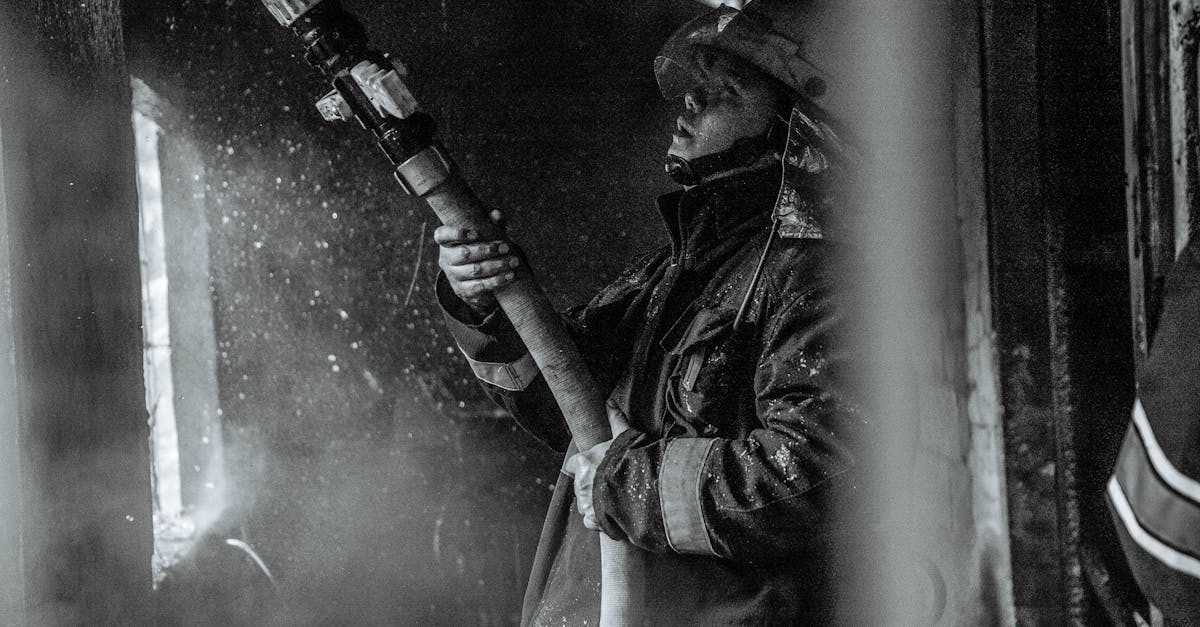
Table Of Contents
Checking the Current Temperature
Before making any adjustments to your hot water temperature, it is essential to first check the current temperature setting. This step not only helps prevent any potential scalding but also allows you to determine if a change is necessary. Most water heaters have a thermostat that indicates the temperature. If you have a water thermometer, use it to measure the hot water coming from your faucet to ensure the reading matches the manufacturer's recommended temperature, usually around 120 degrees Fahrenheit.
If you encounter inconsistent hot water temperatures, it may signal a need for further investigation. In some cases, the existing setting might be too low, resulting in lukewarm or cold water. Conversely, a setting that is too high poses safety risks. Regular checks can help catch issues early, avoiding the need for emergency hot water repair. Familiarizing yourself with your water heater's specific settings can contribute to a better understanding of your system's performance.
Using a Water Thermometer
A water thermometer is an essential tool for measuring the temperature of your hot water supply accurately. To use it, fill a container with hot water from your faucet, then insert the thermometer into the water. Wait for the reading to stabilize before checking the temperature. Ideally, your hot water should reach between 120°F and 140°F for optimal comfort and safety. If the reading is significantly lower than this range, it may be time to consider adjusting your water heater’s settings.
Monitoring hot water temperature can help prevent issues that may require emergency hot water repair. If you notice that water temperature fluctuates or does not reach the desired level, it indicates underlying problems with your water heater. By regularly checking the temperature, you can identify potential heater inefficiencies early and take action to adjust settings or schedule maintenance before more serious issues arise.
Signs You Need a Temperature Adjustment
Regularly assessing the performance of your hot water system can help you identify when a temperature adjustment is necessary. One major sign is inconsistent hot water supply. If you frequently experience variations in temperature while showering or using hot water for other tasks, it may indicate that your water heater is not functioning optimally.
Another indication could be the time it takes for hot water to reach your faucets. If you find yourself waiting longer than usual, it might suggest that the temperature is set too low. In such cases, a temperature adjustment could improve efficiency and comfort. If problems persist even after adjustments, you may need to consider emergency hot water repair services to restore reliable hot water access.
Identifying Inconsistent Hot Water
Inconsistent hot water can be a frustrating issue that disrupts your daily routine. Homeowners might notice that the water temperature fluctuates between hot and cold during showers or while washing dishes. Such irregularities can indicate a problem with the water heater or its settings. Diagnosing the root cause is essential to ensure a consistent supply of hot water throughout your home.
If you find yourself frequently needing to adjust the temperature or dealing with bouts of lukewarm water, it may be time to consider professional assistance. An emergency hot water repair could be necessary to restore your system's proper function. Regular monitoring of your hot water supply can help catch issues early, but significant changes in temperature often require expert evaluation to avoid further complications.
Maintenance Tips for Optimal Performance
To ensure optimal performance of your hot water system, regular maintenance is essential. Inspecting your water heater periodically helps identify potential issues before they escalate. Look for signs of leaks, corrosion, or other unusual occurrences. Keeping the area around the heater clear from debris can improve airflow and reduce the risk of overheating.
It is advisable to schedule routine checkups from a professional, especially if you start to notice changes in water temperature or pressure. A thorough inspection can pinpoint problems that may require emergency hot water repair. Additionally, flushing your tank once a year can remove sediment buildup, enhancing efficiency and prolonging the life of your system.
Regular Checkups for Your Hot Water System
Regular maintenance of your hot water system is essential for ensuring optimal performance and longevity. Scheduling routine checkups allows for the early detection of potential issues, minimizing the risk of costly repairs later. A trained technician can inspect various components, ensuring they function correctly and efficiently. This proactive approach can prevent unexpected breakdowns, which can be especially inconvenient.
Neglecting regular checkups may lead to significant problems, including the need for emergency hot water repair. Issues such as sediment buildup can severely affect water temperature and pressure. By keeping up with maintenance, homeowners can avoid the frustration of dealing with sudden hot water system failures and ensure a reliable supply of hot water when needed.
FAQS
How can I check the current temperature of my hot water?
You can check the current temperature of your hot water by using a water thermometer. Simply run the hot water from a tap for a few minutes, then place the thermometer in the stream to get an accurate reading.
What temperature should my hot water be set to?
The recommended temperature for home hot water systems is typically between 120°F and 140°F. This range is considered safe and effective for most household needs while also helping to prevent scalding.
How do I identify if my hot water temperature is inconsistent?
Signs of inconsistent hot water include fluctuating temperatures when running taps or showers, or if you experience sudden bursts of cold water during use. If you notice these issues, it may indicate that an adjustment is needed.
What maintenance tips can help ensure optimal performance of my hot water system?
Regular checkups for your hot water system are crucial. This includes flushing the tank to remove sediment, checking the pressure relief valve, and inspecting for leaks or corrosion. It's advisable to consult a professional for thorough maintenance.
Can I adjust the temperature setting on my own, or should I hire a professional?
You can usually adjust the temperature setting on your own if you are comfortable working with your water heater's controls. However, if you are unsure or if there are issues with the system, it's best to hire a professional to ensure safety and proper adjustments.





























